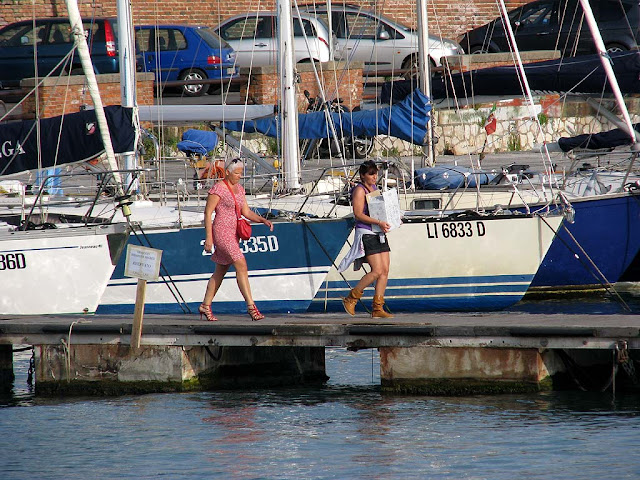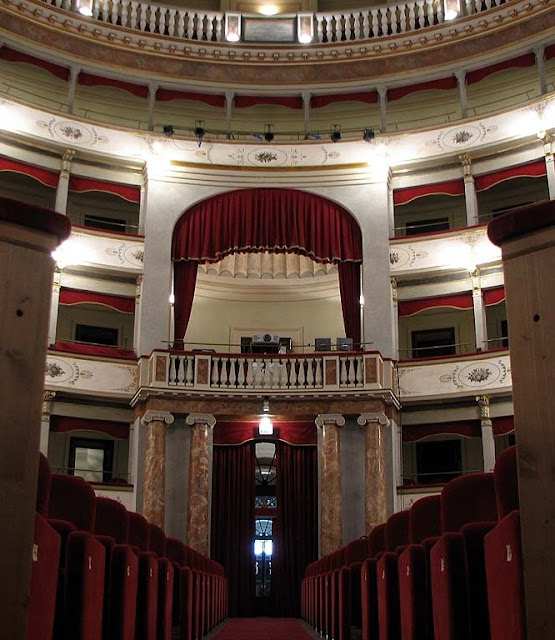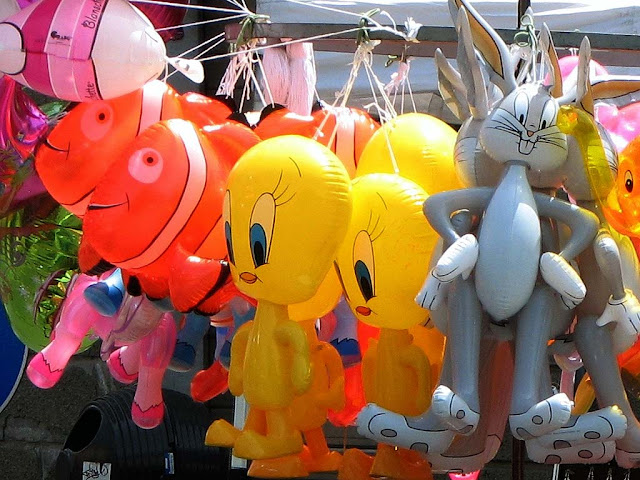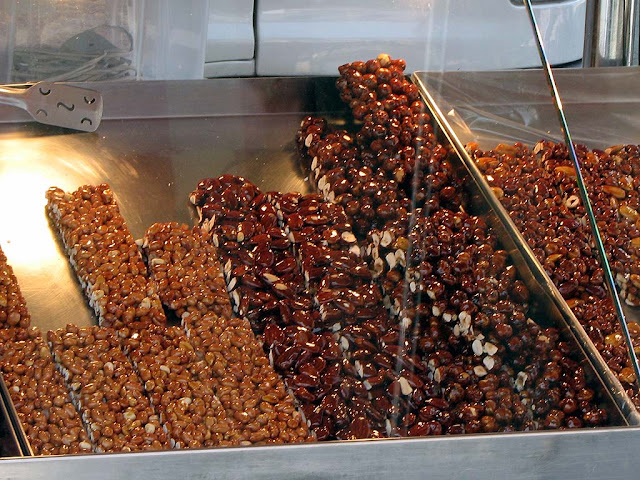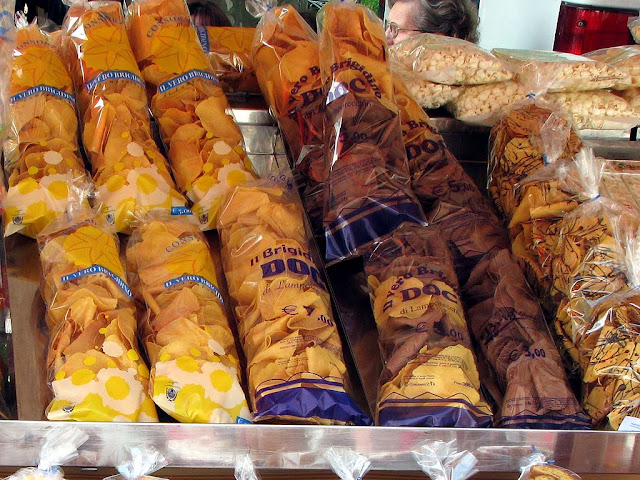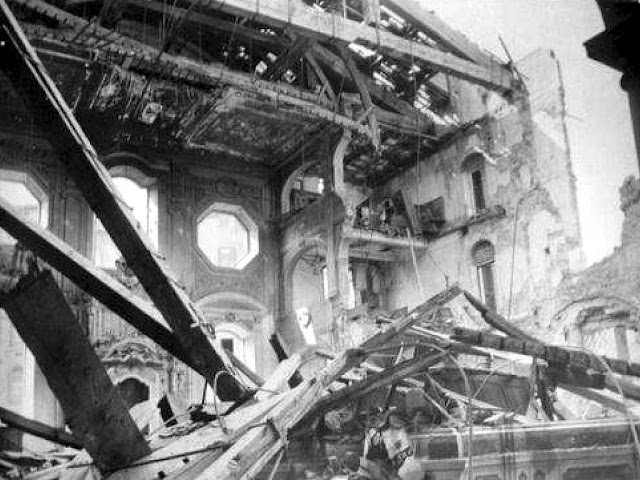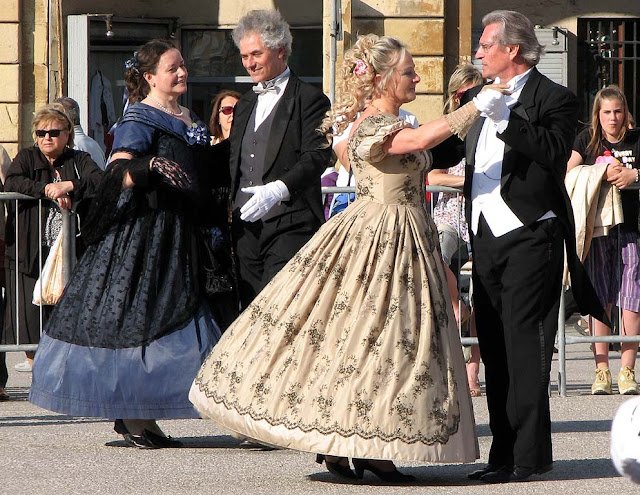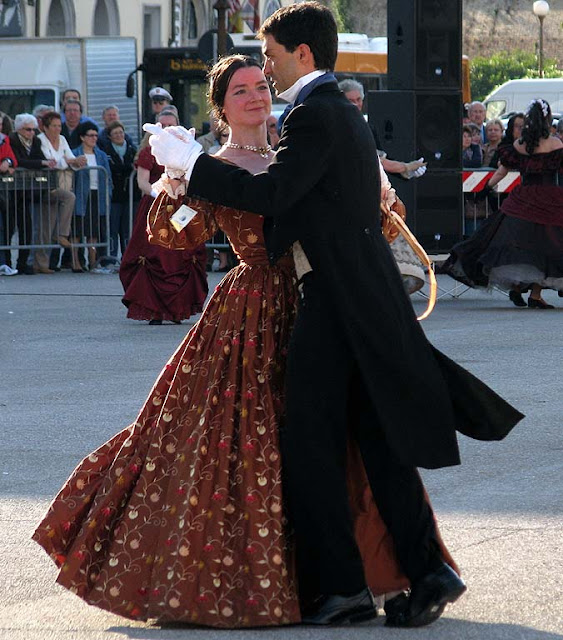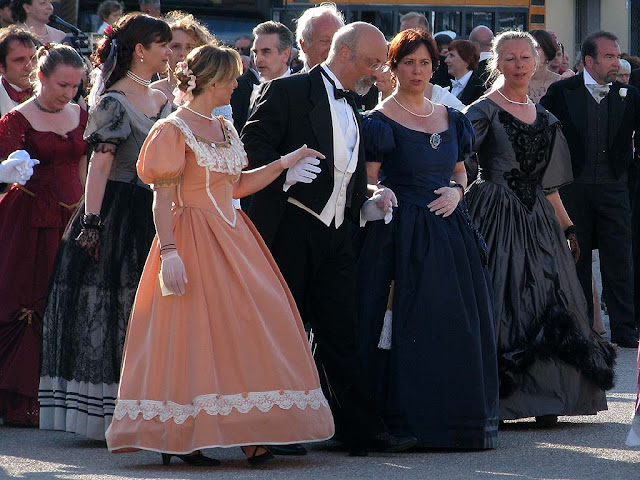
The “Vigili del Fuoco” are the italian equivalent of a Fire Department, organized on national level with local detachments. A large “caserma” (literally: barracks) hosts our Fire Brigade on the eastern outskirts of Livorno. Firefighters are now civilians but the term for their base has stuck from past times.
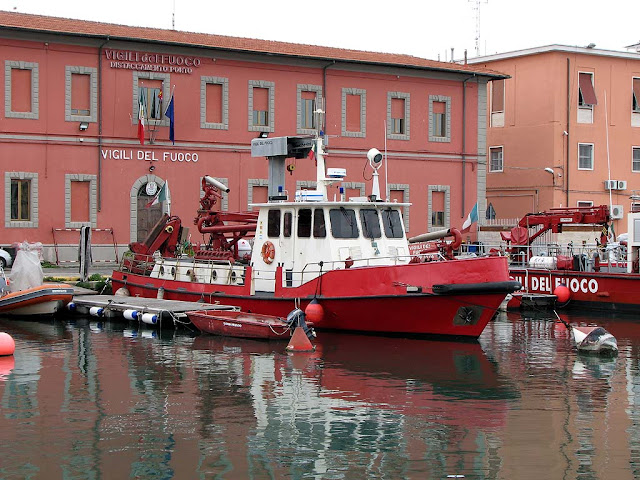
The Port of Livorno has its own station of firefighters in the “Darsena Vecchia” (Old Harbor), just opposite the
Four Moors.

It is quite a common sight to spot one of the smaller boats patrolling the waters or checking out vessels refueling.

The “Vigili del Fuoco” have their divers ready to plunge in the not so clean waters of the port, for any emergency situation.

On the entrance of the Old Harbor fire station you can read their latin motto: “In audentia hilares”, literally “Merry in boldness”.
I had the idea for this post reading a very good piece on
Tampa Daily Photo about an old (but kept as new) fireboat. None of these boats is as lovely as it, but I like most of them anyway.
 The “Sacro Cuore” (Sacred Heart) is the church of the Salesian compound. It was built after the First World War in the new quarter of the Stazione (Railway Station) by the architect Torello Macchia and consecrated in 1928. In 1932 the church became a regular Parish of the Diocese of Livorno and is commonly known as “I Salesiani” (The Salesians).
The “Sacro Cuore” (Sacred Heart) is the church of the Salesian compound. It was built after the First World War in the new quarter of the Stazione (Railway Station) by the architect Torello Macchia and consecrated in 1928. In 1932 the church became a regular Parish of the Diocese of Livorno and is commonly known as “I Salesiani” (The Salesians). The church has no bell tower but only what is called in Italian a “campanile a vela” (literally sail-shaped belfry). I don't know the equivalent English architectural term: I have found that in French is campenard and in Spanish espadaña.
The church has no bell tower but only what is called in Italian a “campanile a vela” (literally sail-shaped belfry). I don't know the equivalent English architectural term: I have found that in French is campenard and in Spanish espadaña. A bust of Don Tommaso Masera, the founder of the “Opera Salesiana” in Livorno, is placed in a small garden on the side of the church.
A bust of Don Tommaso Masera, the founder of the “Opera Salesiana” in Livorno, is placed in a small garden on the side of the church.






